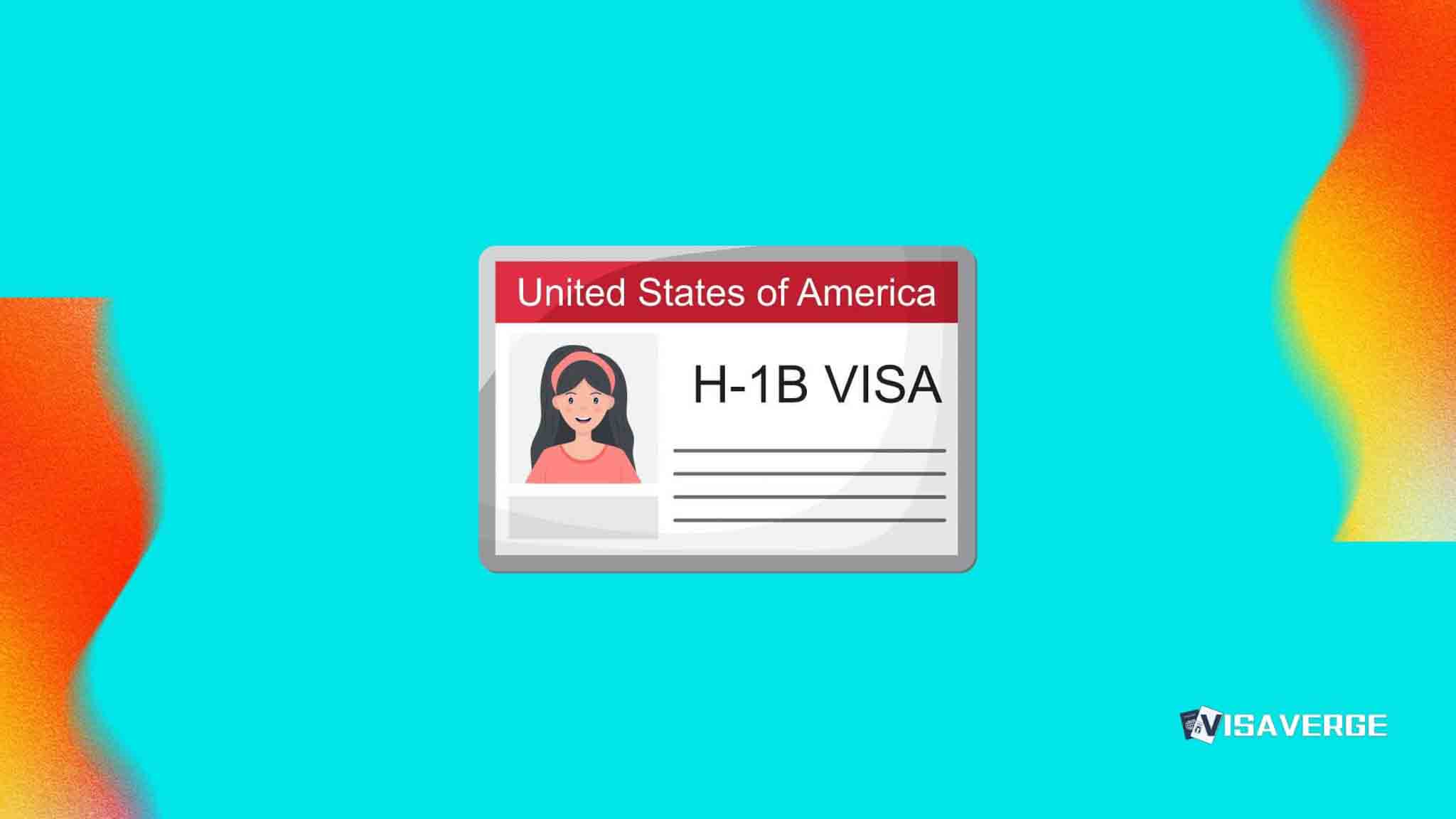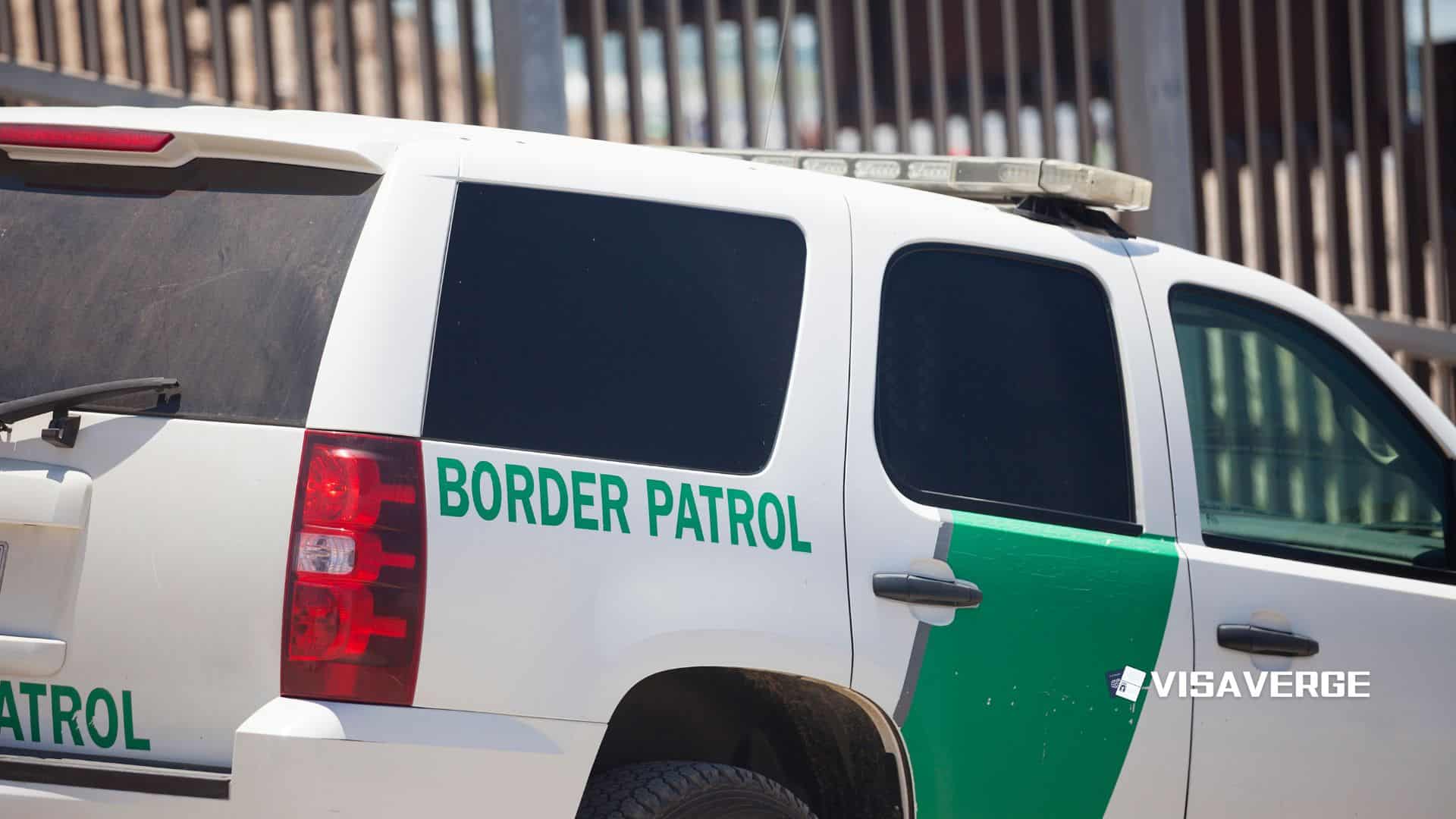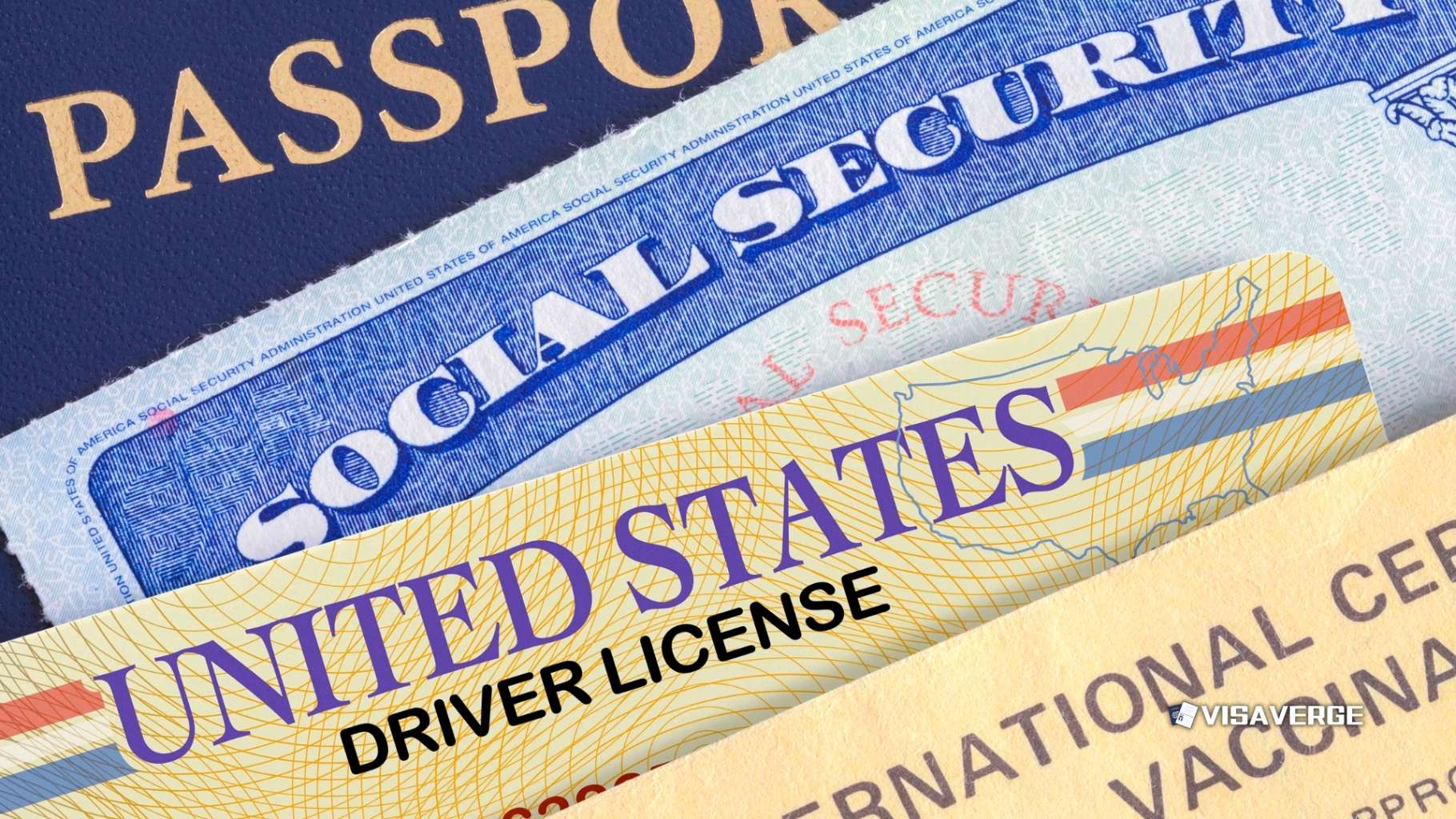(UNITED STATES) Workers with already approved visas can generally begin their jobs on schedule even if a Government Shutdown hits before their start date, immigration attorneys and employer groups say. The reason is simple: a shutdown pauses many new filings and certifications at some federal agencies, but it does not cancel existing immigration approvals or work authorization. If your status is valid and you hold the required approval or visa stamp, your Employment Start can proceed as planned.
Applicants most concerned today are recent H-1B, L-1, O-1, TN, and E-3 approvals set to start soon, as well as foreign graduates moving from study to work. According to analysis by VisaVerge.com, the key question is whether the worker’s case depends on a pending certification at a closed or reduced-function agency. If everything needed for your case is already approved, your work authorization stands during the lapse in funding.

For example, a foreign professional with an approved H-1B petition and a valid visa stamp can join their employer on the authorized date, even if the federal budget stalls. A research scientist with an approved O-1 who cleared consular processing can also begin as scheduled. A software engineer who changed status to H-1B and received approval inside the United States 🇺🇸 can start on the approval’s effective date. In each case, the approval remains in force. The shutdown primarily affects new cases and extensions that still require action by the Department of Labor (DOL) or consulates.
That said, applicants should expect slower government touchpoints around the edges. The Department of State’s consular posts are funded by fees and may keep providing services, but some locations could trim operations, creating longer wait times or rescheduling. Border inspection remains open, but travelers may see delays at ports of entry if staffing is tight. If you need a last-minute visa appointment, plan for extra time and bring full documentation to reduce re-checks or follow-up requests.
USCIS, which is largely fee-funded, may continue adjudicating cases that already include all required evidence, especially those not dependent on DOL certifications. But petitions that require a Labor Condition Application (LCA) or a permanent labor certification (PERM) cannot move until DOL systems resume normal operations. That means filings waiting on a DOL step will sit until government funding returns.
What a shutdown means for already approved visas
- Approved visas and work authorization remain valid. If your petition is approved and status is current, you may start work on the authorized date. The shutdown does not retroactively cancel approvals.
- Bring original approvals to onboarding. Workers should have copies of the petition approval notice, visa stamp (if applicable), and arrival documents ready for employer onboarding and I-9 verification. While not a new rule, being organized helps when government response times slow.
- Consular issuance can still run, with possible delays. Many visa services continue because they are fee-funded, but staffing or security checks could take longer. Monitor the post’s local alerts on travel.state.gov.
- Planned travel needs caution. Visa interviews might shift, and entry processing could take more time. If your Employment Start hinges on international travel, consider buffer days and coordinate with your employer.
- Future filings may wait. If you need a near-term extension or change of status that requires a DOL step, expect delays. Your current approval stays valid, but the next stage might not file until operations resume.
Key takeaway: If the approval is in hand and the start date has arrived, you can usually show up for work even during a shutdown. The biggest delays affect filings that haven’t yet received DOL or consular action.
Knock-on delays for new filings and travel
The most acute slowdown hits cases that depend on DOL certifications. The LCA for H-1B, H-1B1, and E-3 workers, and the PERM labor certification for permanent residence, are processed by DOL systems that go offline or reduce service during a shutdown. Without an approved certification, follow-on filings at USCIS or visa stamping at consulates cannot proceed.
- Labor Condition Applications (LCA):
- Employers need a certified LCA to file most H-1B or E-3 petitions.
- During a shutdown, LCAs may not process, delaying new hires or extensions.
- Employers file the LCA on the DOL’s FLAG portal using ETA 9035.
- Form link: ETA 9035 (LCA) on FLAG
- PERM (Permanent Labor Certification):
- PERM applications for green cards pause if DOL systems are down.
- Employers file PERM via ETA 9089.
- Form link: ETA 9089 (PERM) on FLAG
- USCIS petitions dependent on DOL approvals:
- A petition like Form I-129 for H-1B status can’t be properly filed without a certified LCA.
- Official form: USCIS Form I-129
- Consular visa appointments:
- Fee-funded services can continue, but local posts may scale back if staff are limited.
- Applicants should track updates through consular websites and plan for slower appointment availability.
Travelers should avoid nonessential trips during the shutdown if timing is tight. A worker who must leave the country to obtain the visa stamp could face interview backlogs or document checks that push their return date. If travel is unavoidable, consider arriving earlier than planned, keep proof of employment and approvals on hand, and confirm appointment slots regularly.
Employer compliance and practical steps
Employers and foreign nationals can reduce disruption with careful planning. While the shutdown doesn’t void existing approvals, it can complicate timelines for cases that are midstream or approaching a renewal window.
- Confirm what’s already approved.
- If the employee’s petition is approved and start date is set, proceed.
- Keep a copy of the approval notice and, if applicable, the visa stamp and I-94 record handy for onboarding.
- Map DOL dependencies now.
- Identify hires or extensions that still need an LCA or a PERM step. Those items likely pause until funding is restored.
- Sequence filings strategically.
- If an LCA is already certified, file the related Form I-129 as soon as feasible.
- If the LCA is not certified and DOL is shut, prepare all other petition elements now so you can file quickly when systems reopen.
- Prepare for visa interview delays.
- For consular cases, monitor appointment calendars often and bring full documentation to reduce the chance of a 221(g) follow-up request.
- Consider start-date flexibility for travel cases.
- If a new hire must obtain a visa stamp abroad, discuss remote work or a later Employment Start if appointments slip.
- Maintain communication.
- Share updates with affected employees and hiring managers. Clear expectations reduce stress and help teams plan workloads.
For workers, the most pressing question is whether to show up on Day 1. If your visa is approved, your status is valid, and there’s no unfulfilled government step for your particular start, you can start your job as authorized. Bring your documentation to HR and keep a digital copy accessible in case you need to reference approval details. If you’re waiting on a DOL certification for a future extension or status change, understand that the later filing may slide, but it does not change the validity of your current approval.
Examples and practical scenarios
- A biotech firm with several H-1B hires who already cleared USCIS may onboard on time, while the same company’s upcoming extension filings sit incomplete for lack of LCAs.
- A university onboarding a J-1 researcher whose visa was issued before the lapse may proceed, even as other scholars await rescheduled consular slots.
- Employers with PERM pipelines can continue recruitment steps that don’t require active DOL systems, but they can’t submit or receive certifications until portals reopen.
Some readers worry that payroll or tax onboarding could be blocked if federal verification tools pause. Normal employer onboarding continues. Keep in close touch with your HR team for any internal procedures, but the core point remains: a Government Shutdown does not cancel your already approved immigration status.
What “approved” means in practice
- You have an official approval notice from USCIS or a valid visa stamp in your passport tied to your petition.
- The start date listed on the approval has arrived.
- If your case is still awaiting a DOL certification, or your petition is not yet approved at USCIS, your Employment Start may be delayed because you lack final authorization.
According to VisaVerge.com, workers should think in two tracks:
1. Today’s start — safe if approvals are final.
2. Tomorrow’s milestones — extensions, amendments, or consular renewals that could shift.
Line up your timelines so that as soon as the government reopens, your employer can file the next step without losing days to document gathering.
As government funding is restored, agencies clear backlogs. DOL certifications resume, consulates add appointment slots, and USCIS continues adjudications already underway. Expect a surge period as systems come back online. To reduce lag, keep forms, support letters, and fees ready so filings can go out promptly.
For official updates on visa services and any operational changes during budget lapses, check the U.S. Department of State’s visa page at travel.state.gov. That page posts notices about consular operations that can help travelers and employers plan around localized slowdowns.
The bottom line for anxious workers and hiring teams: Approved Visas remain valid through a Government Shutdown, and you may begin employment on your authorized start date. The main impact falls on new filings and certifications—especially LCAs and PERMs—that must wait until the government reopens. Plan ahead, keep documents ready, and stay in close contact with your employer or immigration counsel so you’re prepared for both your first day and the filings that follow.
Frequently Asked Questions
This Article in a Nutshell
During a U.S. government shutdown, approved visas and valid work authorization generally remain in force, allowing workers to begin employment on scheduled start dates. The shutdown principally halts processes that need Department of Labor involvement—such as Labor Condition Applications (LCAs) for H-1B, H-1B1 and E-3 workers and PERM labor certifications for green card sponsorship—delaying new filings and extensions. USCIS, largely fee-funded, may continue to adjudicate complete cases not dependent on DOL approvals. Consulates funded by fees can operate but might reduce services, causing appointment and processing delays. Employers should verify approvals, retain original documents for onboarding, map DOL dependencies, prepare filings so they can be submitted quickly when systems reopen, and communicate clearly with employees. Travelers should avoid nonessential trips and allow buffer time for appointments and entry processing.













